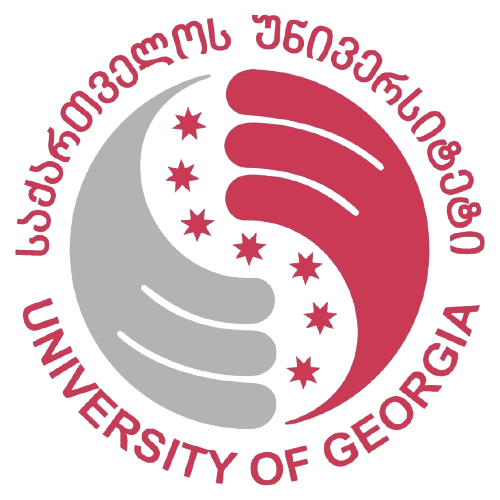The Relations between Pre-Islamic Turks and Georgians from the Third to the Ninth Century: A History of Byzantine-Persian Politics in the Caucasus
DOI:
https://doi.org/10.62343/cjss.2015.141Keywords:
Pre-Islamic Turks, Georgian history, Turkic tribes, Political alliances, South CaucasusAbstract
Relations between Georgian and Pre-Islamic Turks are traced since the 3rd century AD. The Turkic peoples settled in the North Caucasus were in active contact with those who lived in the North as well as the South Caucasus – including Georgians. Various kinds of relations can be followed in this regard: cultural and economic interaction as well as warlike clashes, which frequently took place throughout the early Middle Ages. Since the North Caucasus was densely populated and from time to time filled up by new fertile lands was not a peaceful activity and was accompanied by invasions and onslaughts, resistance from natives, massacres or expulsion of people. In a complicated junction of interests the Turkic peoples, who created different state formations beyond the Caucasus Range, were not just invaders but also frequent allies and a reliable support for their southern neighbors. Related sources reflected not only the negative, but also the positive experience of the relations of Georgians with Turkish speaking tribes, such as Huns, Khazars and Kipchaks.
The work reveals some plausible periods of dependence of Georgians on Turkish speaking tribes: Huns, Turks and, later Khazars. However, these were short periods: the early 6th century, late 2nd decade of the 7th century (628-630), the 6th decade of the 8th century, when Kartli was in such a dependence; also the 8th decade of the 8th century, when Abkhazia shares Kartli’s fate; a number of cases of alliances has been confirmed. The investigation of the time comes to defining some facts from the Georgian history.
Downloads
Published
How to Cite
Issue
Section
License
Copyright (c) 2023 Mzia Surguladze

This work is licensed under a Creative Commons Attribution 4.0 International License.
In case an article is accepted for publication it is allowed to combine the article with other research, to conduct new research on the article, or to make different arrangements on condition that the same license is used including commercial purposes.
As an author of an article published in the Caucasus Journal of Social Sciences, you retain the copyright of your article and you are free to reproduce and disseminate your work.











